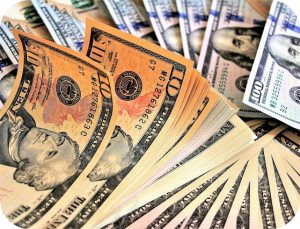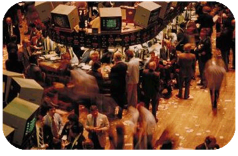Since launching its digital payment system in 2014, Apple has steadily increased its market share in a space traditionally dominated by big banks. This video looks at how Apple Pay has frightened Wall Street stalwarts like JPMorgan Chase and caused financial institutions to expand their own digital payment efforts in order to compete.
Questions:
- What advantages and disadvantages does Apple Pay have compared to traditional financial firms?
- Do you prefer to pay with cards or digital platforms like Apple Pay?






